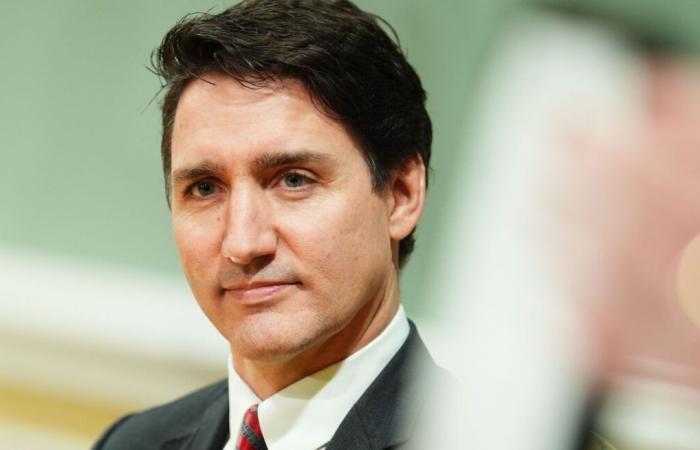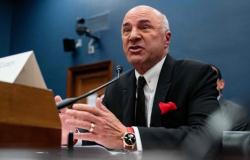The coming week promises to be decisive for Justin Trudeau, as rumors suggest that he would benow resigned to leaving his post as leader of the Liberal Party. He would make the announcement over the next 72 hours.
Duty was not able to confirm this information put forward Sunday evening by the Globe and Mail and the Toronto Star.
According to the sources of Globe and Mailthe precise moment when Mr. Trudeau would announce his intention to leave the leadership of the party remains uncertain. However, these sources expect this announcement to take place before the national caucus meeting, scheduled for Wednesday. Mr. Trudeau would be “aware” that he must make an announcement before meeting his caucus.
The Toronto Star also reports that details surrounding the premier’s departure were still being discussed Sunday evening, including the exact timing of the announcement.
At this time, it is not yet clear whether Mr. Trudeau would immediately leave the party or whether he plans to remain prime minister until a new leader is chosen.
While it is still unclear whether his departure would result in a leadership race or the appointment of an interim leader, discussions about Mr. Trudeau’s potential successors have already taken place behind the scenes. Saturday, the Toronto Star reported that former Bank of Canada Governor Mark Carney had already started calling Liberal MPs to prepare for his leadership bid.
Political pressure for Mr. Trudeau to resign has intensified after the crisis triggered by the resounding resignation of his former finance minister, Chrystia Freeland, in mid-December.
The Prime Minister took some time to reflect on his political future during the holiday break.
The departure of Mme Freeland, marked by a resignation letter critical of the prime minister, led to a series of calls for a change in leadership.
Rumors have it that the former right-hand woman of the Prime Minister is also preparing to enter the race for the leadership of the Liberal Party.
A growing discontent
The number of public calls for a change in leadership had become increasingly difficult to ignore as the new year turned. MPs from the Ontario and Atlantic regional caucuses spoke in favor of his departure. A majority of the Quebec caucus would also like to see a change in leadership.
These three regions represent 131 seats out of the 153 seats held by the Liberals in the House of Commons.
Polls have shown very unfavorable results for the Liberals for over a year. According to the most recent Angus Reid poll, support for the Liberal Party falls to just 16% — the lowest support rate for the party recorded since the firm began measuring it in 2014.
The latest Abacus Data poll gave 45% of national voting intentions to Pierre Poilievre’s conservatives, or 25 points ahead of the liberals.
This is not the first time that significant calls for the resignation of the Liberal leader have been heard. Last fall, a letter questioning his leadership signed by around twenty Liberal MPs was given to him during a caucus meeting in Ottawa. Trudeau still clung to power, despite the growing dissatisfaction in his caucus.
Mr. Trudeau’s departure would come two weeks before President-elect Donald Trump returns to the White House.
Parliamentary proceedings resume in Ottawa on January 27 and the three main opposition parties all say they plan to overthrow the government at the first opportunity. A vote of confidence could be avoided if Justin Trudeau requests an extension of the session, provided that Governor General Mary Simon agrees.
Justin Trudeau has led the Liberal Party of Canada (PLC) since April 14, 2013. His ascension marked a decisive turning point for the Liberals, after the party had been relegated to third place during the 2011 federal elections (with 34 MPs) under the direction of Michael Ignatieff.
To watch on video
Canada






